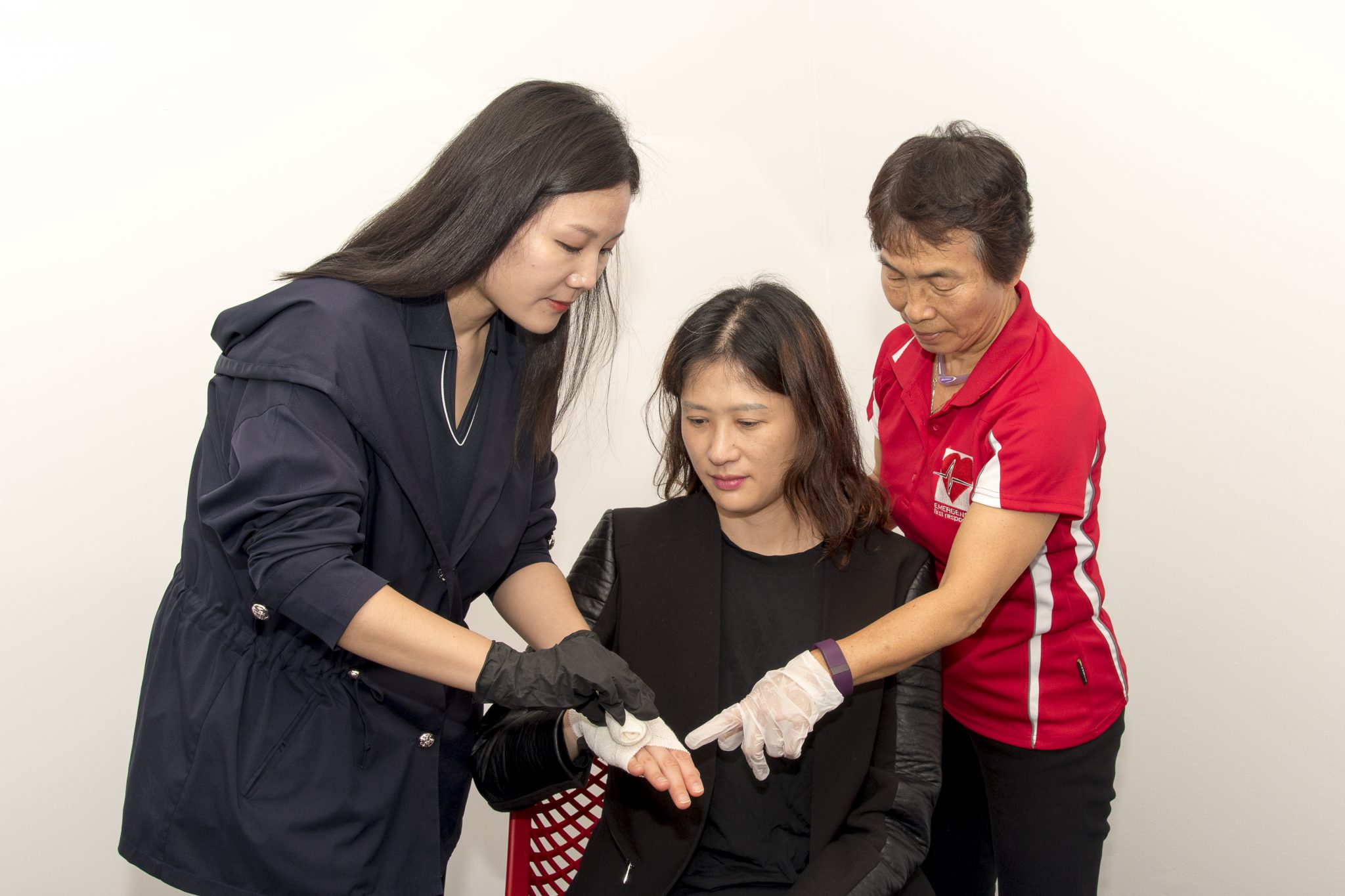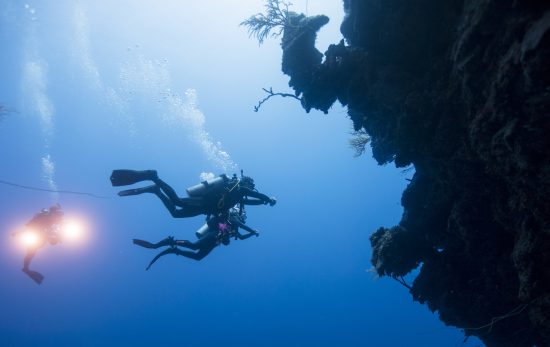Doctors and nurses aren’t the only jobs that require CPR and first aid training. Before applying for a position in one of the fields below, make sure you have hands-on CPR and first aid training.
Childcare Providers
Even the most vigilant babysitter, nanny, or daycare employee can’t be everywhere at once. Because young children are prone to choking, falling into pools and finding their way into hazardous situations, childcare providers must have both CPR and first aid training.
Coaches and Personal Trainers
Asking athletes to push their physical limits is part of the job description for a coach or assistant coach. Unfortunately, sometimes participants push too hard resulting in a medical emergency. For this reason, CPR certification is required for coaching jobs and most personal trainers.
Construction Workers
Construction workers haul heavy materials, work with powerful tools and labor in all types of weather. In this high-risk work environment, life-saving skills are a requirement.
Electricians
Electric shock, fires, explosions and falls are just a few of the hazards faced by electricians. This high-risk job demands the knowledge and skills to help a co-worker in an emergency.
Firefighters
Firefighters are often the first to arrive to an emergency scene. In addition to dealing with structure fires, firefighters are often called in to rescue people from car accidents and other tragedies where there may be multiple victims.
Flight Attendants
At thirty-three-thousand feet, flight attendants must be prepared to deal with whatever comes their way – including cardiac arrest. Having a medical professional is never a guarantee, so flight attendants are required to know CPR, first aid and how to operate the on-board AED unit.

Jails and Prison Staff
In a secured area such as a jail or prison, correctional officers are likely to be the first responders in a medical emergency. For this reason, all jail and prison employees must maintain a current CPR certification and have basic first aid training.
Law Enforcement
Police officers, sheriff’s deputies and others who work in law enforcement frequently find themselves in volatile situations. On the frontline, they may be called upon to save the life of their partner, an innocent bystander, or a victim of violence.
Lifeguards
Cardiac arrest and drowning are just two of the life-threatening emergencies a lifeguard may encounter. CPR is an essential skill for lifeguards whether they work at a pool, lake, or beach.
Medical Professionals and Medical Office Personnel
For obvious reasons, doctors, nurses and paramedics should know CPR. Medical assistants and other hospital or clinic personnel must also be trained in the event another medical professional needs assistance. Every employee at a medical office should also be trained how to use the on-site AED machine.
Social workers
Social workers interact with people in a variety of situations, many of whom are not in good health physically or financially. Solid CPR and first aid skills are a must.
Other Occupations That May Require CPR or First Aid Training
(depending on location or corporate policy)
- Dentists and Dental Assistants
- Gym employees
- Nursing home staff
- Outdoor recreation instructors and guides (hiking, scuba, skiing, etc).
- Security guards
- Teachers
Don’t miss out on a job opportunity due to lack of training. Enroll in an Emergency First Response Primary and Secondary Care (CPR and first aid) course today. Emergency First Response (EFR) is accredited by the American Council on Exercise (ACE), and OSHA in addition to other international organizations.
Beware of online courses, these are rarely (if ever) accepted. The problem is so pervasive, OSHA and the American Heart Association recently published fraud alerts warning consumers against online-only CPR programs.


